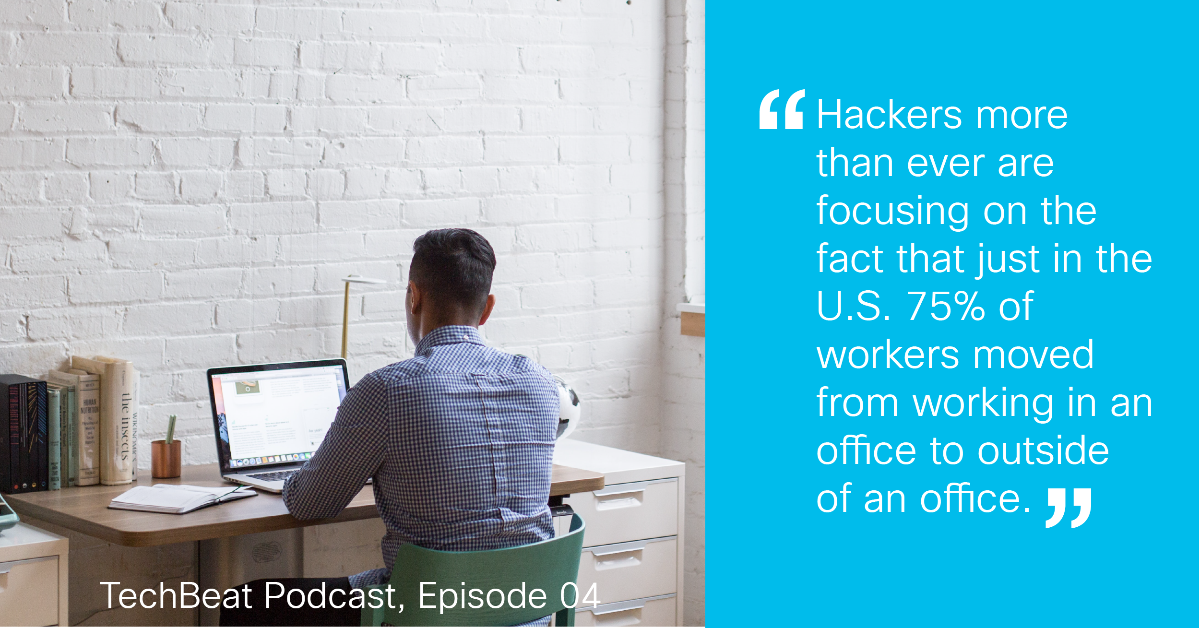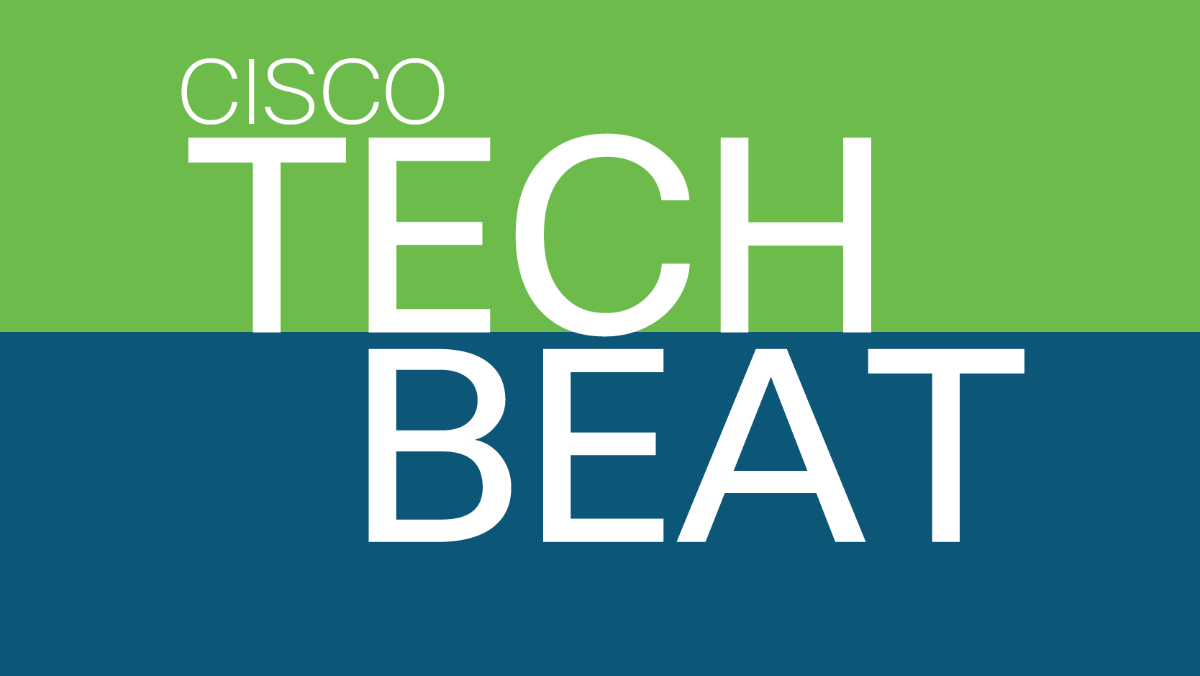As founder of Moor Insights & Strategy, Patrick Moorhead keeps a close eye on the impact of technology on life and work. So, without minimizing the tragedy that has befallen the planet in recent months, he can’t help but be fascinated with the abrupt, global changes wrought by the Covid-19 pandemic.
“This is super exciting for a technologist,” he said. “And that doesn’t belie the horror of the deaths. But when I look at the technology side of it, we are witnessing the world’s largest market study on collaboration.”
Indeed, when millions of leaders, workers, and students suddenly start collaborating and learning from home, there’s a lot to observe. And as it regards technology and culture change, plenty of adapting on the fly.
“It’s not just work from home,” Moorhead added, “but it’s schooling from home. It’s governing from home. It’s caring from home if you’re a hospital worker. And we’re going to see some exciting learning going on.”
Those learnings include the strengths, weaknesses, and best practices of remote collaboration — both in technology and company cultures — all of which are being revealed in myriad ways.

Security is ‘more than just a slogan’
Take security, for example. With many companies suddenly working beyond their firewalls and with poorly secured collaboration tools, hackers have smelled blood.
“Security and privacy are paramount,” Moorhead stressed, “and quite frankly, any experience that doesn’t secure your data and your customers’ data or protect the privacy of people and data is [unacceptable].”
If there’s one key lesson that’s emerged in recent headlines, it’s that security needs to be built into collaboration tools from the start rather than bolted on after the fact. And personal data protection must be a top priority.
“Security and privacy come first, and that’s more than just a slogan,” Moorhead said. “Look at small businesses and what some of their biggest challenges are. Some of them don’t even have IT, so they have to be secure right out of the box. Schools are in the same situation … I wouldn’t even consider a [collaboration] vendor that doesn’t have this.”
Leaders, he stressed, need to make the right choices and the right investments — even if it means changing their technology in the middle of a crisis.
“Just stop it, stop using any product you don’t trust,” he stressed. “The risks aren’t worth it. And the hackers are focusing on the fact that just in the U.S., 75 percent of workers moved from an office to outside of an office. So, while it may be painful, stop using what you can’t trust … particularly if you’re in a regulated environment or if you have high levels of intellectual property.”
Privacy and compliance count
As for compliance, Cisco CEO Chuck Robbins has referred to data privacy as a fundamental human right. In line with that thinking, governments are increasingly enacting guidelines like GDPR in Europe or the California Consumer Privacy Act.
Organizations need to push compliance and lock in better practices — not just to avoid fines, but because it’s the ethical and smart thing to do.
“I think that leadership from the top down needs to recognize that,” Moorhead said. “I was really impressed with Chuck [Robbins] — I think he’s done the best job in getting that out, and he did call it a fundamental human right.”
What’s more, privacy regulations will continue to spread across countries and states. “Since July of last year there have been more fines levied for privacy than the damage from cybersecurity breaches,” Moorhead said. “A lot were based on GDPR, but it’s moved to California and I believe it’s going to move to New York.”
Collaboration tools themselves need to be compliant as well, Moorhead argued. That includes sharing data without users’ knowledge.
“I actually do believe that privacy and security should be a fundamental right,” he added. “And I think up until a month ago, most people incorrectly thought that all collaboration vendors were focused on privacy and security.”
While much attention goes to organizations, privacy has huge implications for individuals as well.
“If you’re a consumer, it’s one thing,” he said. “If you’re a business, a government, a hospital, it is a different thing. But consumers actually think that security and privacy are important.”
The flexible, unified platform
Right now, teams are pressured to stay productive under the most adverse conditions. For many remote workers, that includes contending with fear, family pressures, isolation, or just the sheer newness of working from home. Through it all, Moorhead believes, the most flexible collaboration tools will ease the load while supporting business continuity and innovation.
“After you can look yourself in the mirror and say, ‘I've established a secure and private environment,’” he said, “user experience matters too, because tools are only as good as you make them accessible to your workforce.”
That means a seamless, real-time integration of video, messaging, document sharing, virtual smart boards, and so on.
“Having four or five different tools that are supposed to work together is a nonstarter,” he said. “Chat, video, audio have to have the ability to work in line. I found even in my own business that sharing documents inside of Webex Teams has been a productivity adder. Having those tools integrated and secure and private is important.”
Moorhead urges leaders to provide the collaboration capabilities that will best fit their organizations’ unique needs. But not to skimp on the user experience.
“This isn’t going away anytime soon. So, upgrade everything that matters,” he recommended, “based on the best experience that’s bespoke for your organization. Don’t chintz on the service, don’t chintz on the cameras, microphones or whatever you have to do. It’s not a one size fits all.”
Cultures are changing (ready or not)
At the heart of collaboration is culture. And that’s changing — fast. With the seismic shifts of the Covid-19 pandemic, workers and leaders have had to adjust their ways of working. As Moorhead put it, “the genie’s out of the bottle.”
That’s because along with all of the hardships, workplace evolution is accelerating in unprecedented ways. And while the current lockdown won’t be permanent, many of the changes it has forced will have long-lasting implications.
Workers, for example, will expect greater flexibility in their work lives moving forward — with more choice in how, when, and from where they work.
“Imagine a world where you didn’t have to drive to work,” he said, “and be in the car for two and a half hours. That is completely life altering for a tremendous amount of the population, whether you're in Beijing or San Francisco or Austin, Texas.”
Moorhead also believes that in a time of tragedy, the pandemic has raised the bar for kindness and conscious culture in organizations. And in the future, the best talent will know where to go — or stay.
“I think that employees are going to remember how they were treated during the crisis,” he said. “And I think that’ll leave a lasting impression on how the employee views the employer — were you empathetic, were you supportive?”
Regardless of what changes continue after the pandemic abates, effective and secure collaboration tools will be critical.
“If there’s one silver lining we can take away from this,” Moorhead concluded, “it’s that we all recognize the importance of collaboration, privacy, and security.”
###
We welcome the re-use, republication, and distribution of "The Network" content. Please credit us with the following information: Used with the permission of http://thenetwork.cisco.com/.



